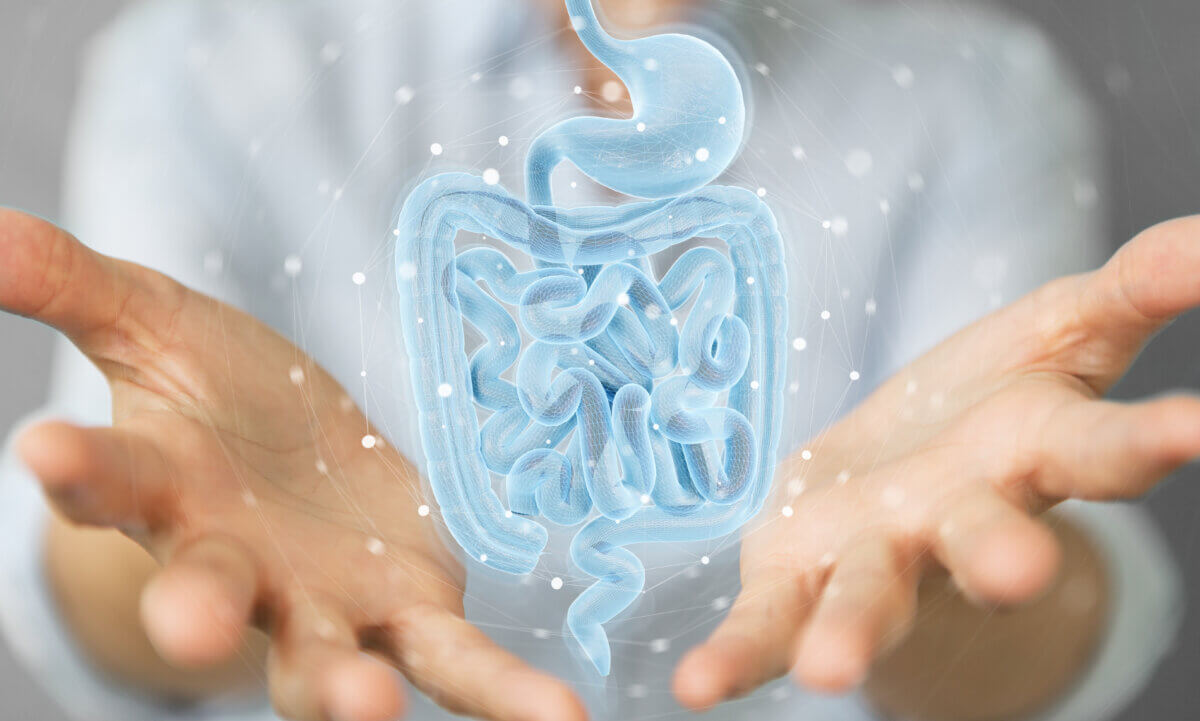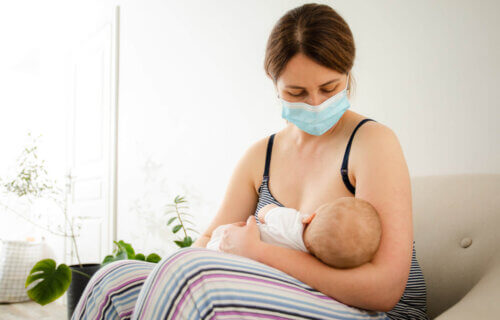NEW YORK — Countless people simply aren’t the same as they were prior to 2020. The first year of the COVID-19 pandemic felt like a never-ending nightmare for millions of people, and many still don’t feel quite the same way about entering crowded rooms or touching doorknobs. While most adults would assume that babies younger than 12 months living through the pandemic would have been too young to incur any long-lasting side-effects tied to COVID, researchers from New York University suggest that may not be the case after all.
A team of developmental psychology researchers at NYU reports that infants who spent most of their first year of life in the midst of the COVID pandemic displayed fewer varieties of bacteria in their guts than other babies born earlier. While the exact health implications of these findings remain unclear, both in the short and long term, generally speaking, a less-diverse microbiome has long been linked to both physical and mental health complaints.
More specifically, study authors found that babies whose gut microbes had been sampled during the COVID-19 pandemic showed lower alpha diversity in their gut microbiomes, or fewer species of bacteria in their stomachs. Those infants also showed a lower abundance of Pasteurellaceae and Haemophilus —bacteria known to live within humans that are capable of causing various infections. They also displayed significantly different beta diversity, considered an indicator of gut microbiome similarities and dissimilarities among the two groups.

The study explains that these differences may have been influenced “by the social changes caused by the COVID-19 pandemic, with infants potentially experiencing more time at home, less time in daycare interacting with other children, increased hygiene in the environment, changes to diet and breastfeeding practices, and increased caregiver stress.”
“The COVID-19 pandemic provides a rare natural experiment to help us better understand how the social environment shapes the infant gut microbiome, and this study contributes to a growing field of research about how changes to an infant’s social environment might be associated with changes to the gut microbiome,” says Sarah C. Vogel, the article’s co-lead author and recent doctoral graduate from NYU Steinhardt’s Developmental Psychology program, in a university release.
To conduct this project, the research team worked to compare stool samples across two socioeconomically and racially diverse groups of 12-month-olds living in New York City. All samples were provided either before the pandemic began (34 infants) or between March and December 2020 (20 infants).
In conclusion, researchers say speculating on the health implications of gut microbiome differences still requires a great deal of caution and further studies. However, gut diversity has long been linked to numerous lifelong health outcomes.
“In adults we know that lower diversity of the microbiota species in the gut has been linked to poorer physical and mental health,” concludes Natalie Brito, senior author and associate professor at NYU Steinhardt. “But more research is needed on the development of the gut microbiome during infancy and how the early caregiving environment can shape those connections.”
The study is published in Scientific Reports.
You might also be interested in:
- Pandemic babies displaying developmental delays — even if their mothers didn’t have COVID
- A leaky gut may be the link between poor gut health and COVID-19 severity
- Best Prebiotics: Scientists Name Top 5 Foods For Your Gut Microbiome

